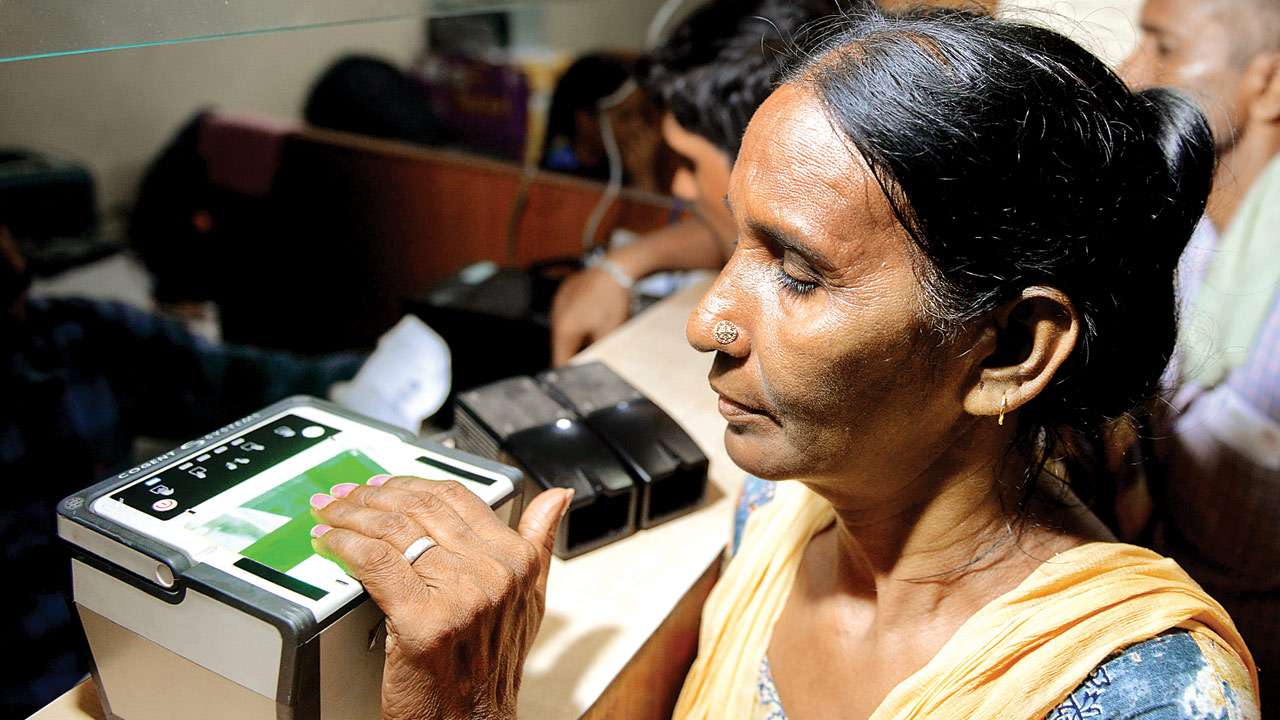
Living a life online means that our information is seen, monitored and gathered in ways that we don’t even realise. As the world grapples with issues of data protection and privacy, for emerging markets like India, the issue is even more critical. Simply because privacy is not a big concern for most Indians.
In a country of 1.3 billion packed tightly, privacy is not a part of life. India’s roads, residential areas and public spaces are teeming with people. Apart from a small percentage, most don’t get private space for themselves. This is not unlike other densely populated countries like Indonesia, Thailand and Vietnam where hundreds of millions live without personal privacy.
Now when these hundreds of millions begin online shopping, use social media or share information with the government, they think nothing about their personal information. Eager to be part of a digital mainstream, fears of personal data leakage is farthest from their minds. They are concerned mainly about receiving government services and products from online stores without delay.
Smart private companies have realised it. They are rapidly lapping up information about a new category of consumers who are eager to be part of the digital world. And this is the key reason why privacy and data protection need aggressive support from the government.
Responsible businesses realise it too, but a surprising number of companies haven’t invested in protecting consumer data. Many actively misuse it.
A new study by CA Technologies on digital trust offers insights into the mind of the trusting consumer. The Global State of Digital Trust Survey shows that consumers in Asia are most trusting. The survey “reveals that 86 per cent of consumers have moderate to high digital trust towards the organisations they interact and transact with. This translates to 67-points on the Digital Trust Index, the highest, along with China, in Asia Pacific & Japan”.
Among consumers aware of privacy and security issues, there is a rising concern for data breach. “In India, 47 per cent of consumers believe that services they have used in the past experienced a breach, and of these, 52 per cent stopped using the service,” the survey says.
India has more than 480 million internet users and most of them use mobiles to access the Web. Often, most of them don’t get to know about data breaches and don’t realise the value of their personal data. Therefore, for most companies, building digital trust is not an issue. In the absence of appropriate laws, only a few ethical companies are focusing on creating digital trust and data protection. The CA Technologies survey indicates that at least one-third of Indian businesses have suffered data breach in the last one year.
As it often happens in an evolving situation, policymakers in India are grappling with issues of personal information, privacy and data protection in a somewhat uncoordinated manner.
The recent verdict of the Supreme Court on the use of biometric-based Aadhaar identity card has tried to address the various dimensions of privacy. Now the government machinery should try to address the issue in a comprehensive manner.
Personal information is not just about social media and online shopping. Personal information about citizens can now be picked up by drones flying over us. The private commercial use of drones will begin from December. As private companies get information about public spaces, much information about neighbourhoods will be unwittingly gathered. For instance, drones will be able to take pictures of the kind of cars in residential areas and profile them accordingly. Map those to social media and suddenly a new dimension of our personal life will be available to companies. Companies will not just know what we do, but where and how we live. This information flow can’t be stopped, but its usage can be controlled.
The Supreme Court has argued against the use of Aadhaar by private companies as it fears that the biometric information can be misused. However, the judiciary and executive should change their focus from gathering of data to its protection and usage. Data is flowing openly and constantly. It will be tough to monitor and curb the gathering of data. Instead, the policy should focus on its protection and application.
Every government or private body that has access to personal data must manage that with strong and clear guidelines. The government is working on data protection policy that appears focused on the local storing of information. While this needs a deeper debate, the real focus has to be on accountability.
Information about people by itself is not always identifiable. But smart entities can pick strands of information from various sources and make it identifiable. This is where accountability comes in. Such entities, government or private, must disclose what they have and then be made accountable for it. They should be allowed to use the data with specific conditions. The debates and discussions must focus on accountability and not just storage which can be compromised.
Every year millions more will join the digital mainstream as consumers and as identifiable citizens. For the sake of these who are unaware of privacy and data risks, India and emerging markets need to build a new framework of rules and regulations.
The writer is an economic analyst and author of Kranti Nation: India and The Fourth Industrial Revolution. Views are personal.